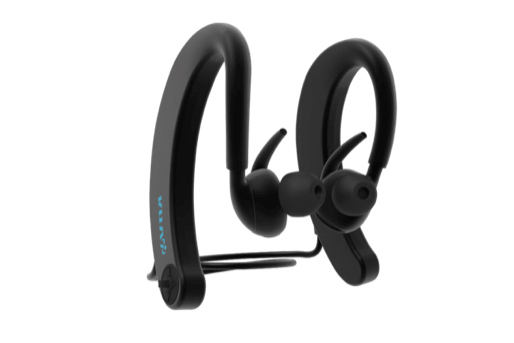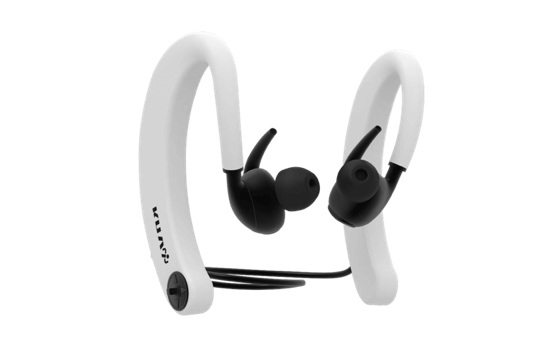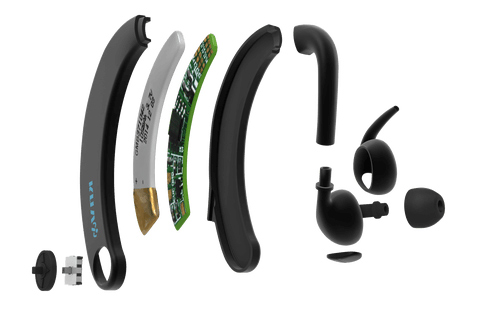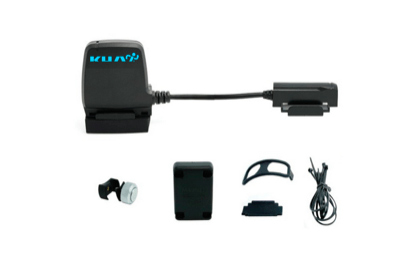Hate to say it, track athletes, but it’s pretty unlikely that Usain Bolt will come and coach your practice. But if you still want to learn from the best, the inability to have an Olympic athlete train you in person doesn’t mean you can’t reap the same benefits. It’s all thanks to the Kuai Multisport Biometric Headphones from Kuaiwear, a firm that has created in-ear biometric sensing technology for athletes. Kuai is introducing its revolutionary headphones at this year’s Consumer Electronics Show (CES).
Unlike any other fitness wearable you’ve ever seen, the Kuai headphones integrate live voice coaching from Olympic athletes keyed to selected training plans. And with the headphones’ integrated heart rate sensor and accelerometer, you can create a customized professional training plan as you prepare for your own Olympic debut.
Unlike other wearable devices, which live on your wrist or forearm, the Kuai combine a heart rate monitor, foot pod, sport watch, and virtual coach, all into your headphones (which of course, can also be used to listen to music). Using biometric accuracy that has been clinically validated by experts at Duke University, the next-generation wearable monitors all your vitals and sport performance so you can continue improving.
You can download plans for running, cycling, swimming, marathons, and even triathalons directly to the waterproof headphones, and can select your goal and fitness level to ensure that you’re getting a workout that’s right for you.
Moreover, the set will receive data from bike sensors and power meters by ANT+, and also have the capacity to send information to other wearables and smart phones, all via ANT+ and Bluetooth.
“Kuai serves an unmet need in the market for a device that coaches users during exercise by providing professional training plans and live voice-coaching feedback,” says Kuaiwear CEO Carlos Marco Rider. “Working closely with a team of scientists, we developed a device that provides mindful and actionable data specifically generated in response to each user’s biometric data. No other product on the market combines all of these features into one simple wearable.”
While not available yet, you can preorder the headphones at www.kuaiwear.com, and the company anticipates an early 2016 ship date for the game-changing
Editors' Recommendations
- Are Technics’ hi-res EAH-A800 the Sony XM4 alternative you’ve been waiting for?
- AIAIAI’s latest headphones let you ditch the cable, not the quality
- Headphones for homeless effort warms ears while diverting e-waste from landfills
- V-Moda’s M-200 ‘Shield Kit’ lets you customize the look of your headphones
- Roku TV Ready lets you control your entire soundbar from a Roku TV remote






